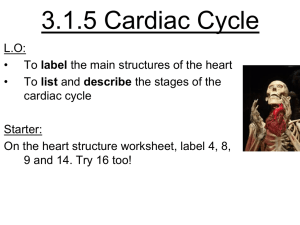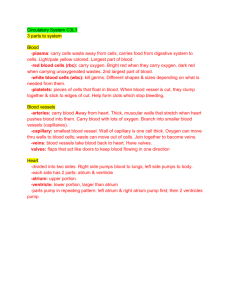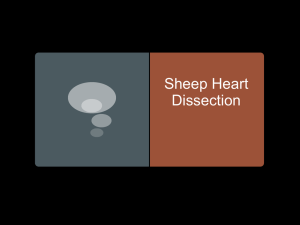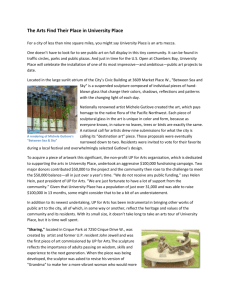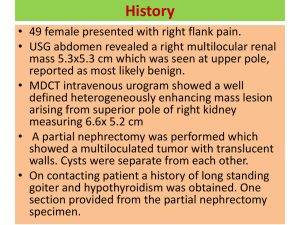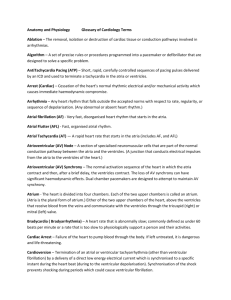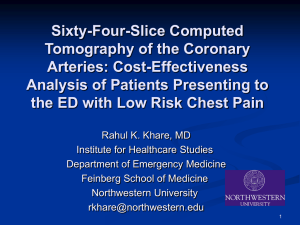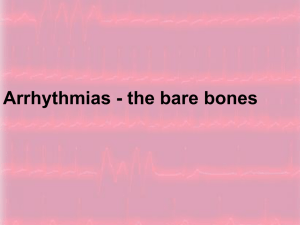the relationship of left atrium linear dimensions
advertisement
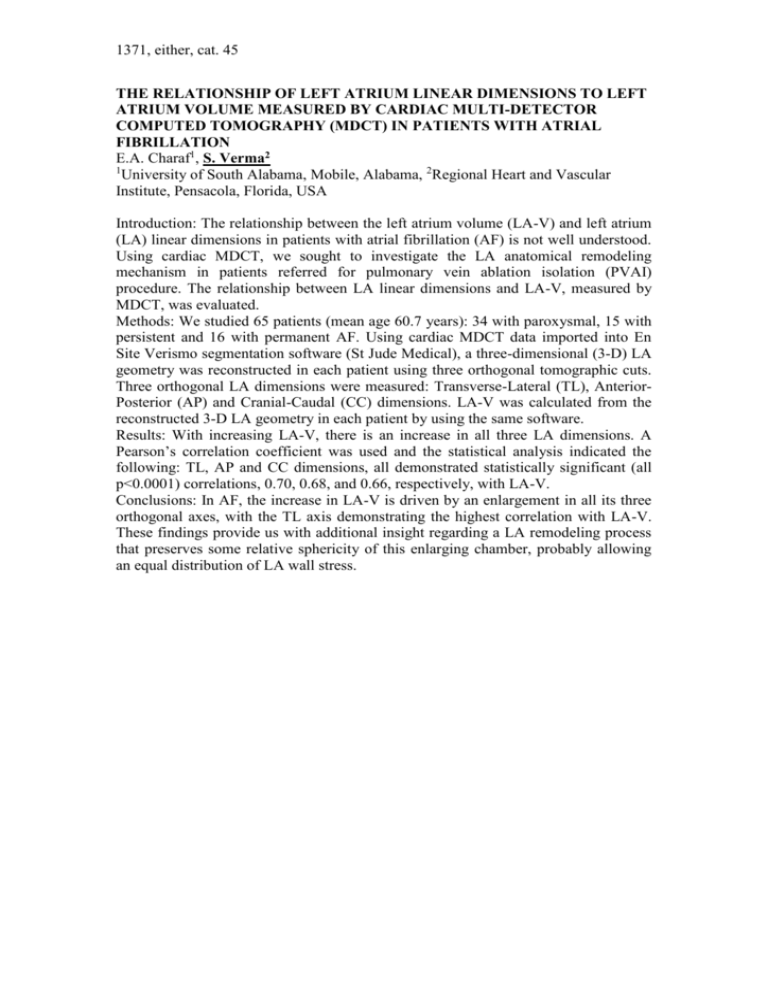
1371, either, cat. 45 THE RELATIONSHIP OF LEFT ATRIUM LINEAR DIMENSIONS TO LEFT ATRIUM VOLUME MEASURED BY CARDIAC MULTI-DETECTOR COMPUTED TOMOGRAPHY (MDCT) IN PATIENTS WITH ATRIAL FIBRILLATION E.A. Charaf1, S. Verma2 1 University of South Alabama, Mobile, Alabama, 2Regional Heart and Vascular Institute, Pensacola, Florida, USA Introduction: The relationship between the left atrium volume (LA-V) and left atrium (LA) linear dimensions in patients with atrial fibrillation (AF) is not well understood. Using cardiac MDCT, we sought to investigate the LA anatomical remodeling mechanism in patients referred for pulmonary vein ablation isolation (PVAI) procedure. The relationship between LA linear dimensions and LA-V, measured by MDCT, was evaluated. Methods: We studied 65 patients (mean age 60.7 years): 34 with paroxysmal, 15 with persistent and 16 with permanent AF. Using cardiac MDCT data imported into En Site Verismo segmentation software (St Jude Medical), a three-dimensional (3-D) LA geometry was reconstructed in each patient using three orthogonal tomographic cuts. Three orthogonal LA dimensions were measured: Transverse-Lateral (TL), AnteriorPosterior (AP) and Cranial-Caudal (CC) dimensions. LA-V was calculated from the reconstructed 3-D LA geometry in each patient by using the same software. Results: With increasing LA-V, there is an increase in all three LA dimensions. A Pearson’s correlation coefficient was used and the statistical analysis indicated the following: TL, AP and CC dimensions, all demonstrated statistically significant (all p<0.0001) correlations, 0.70, 0.68, and 0.66, respectively, with LA-V. Conclusions: In AF, the increase in LA-V is driven by an enlargement in all its three orthogonal axes, with the TL axis demonstrating the highest correlation with LA-V. These findings provide us with additional insight regarding a LA remodeling process that preserves some relative sphericity of this enlarging chamber, probably allowing an equal distribution of LA wall stress.
